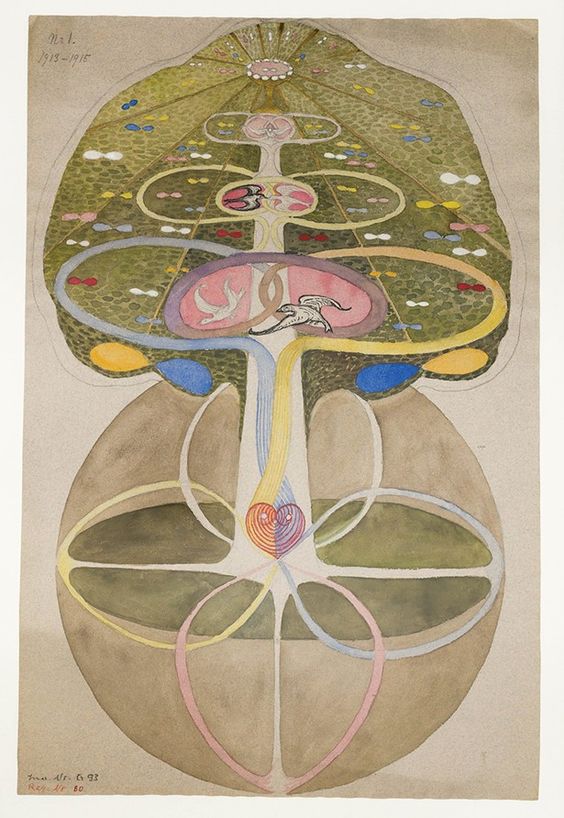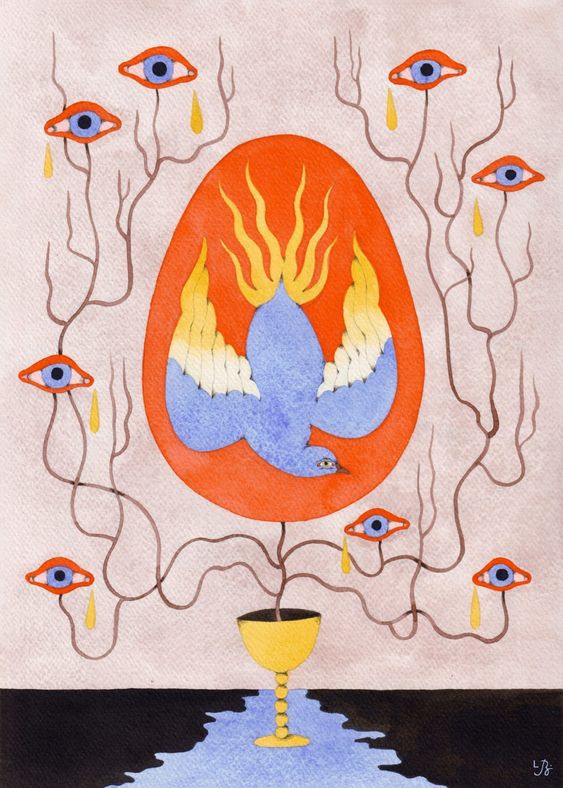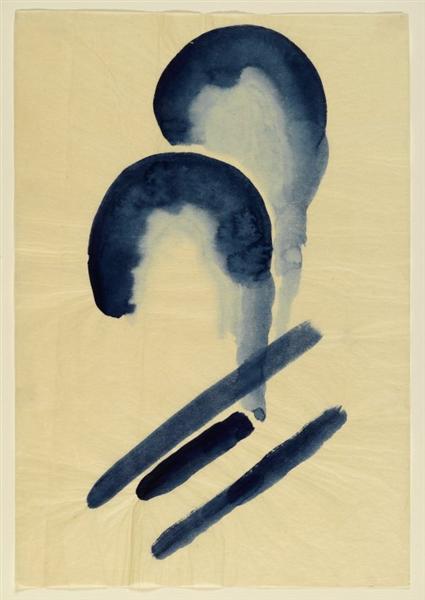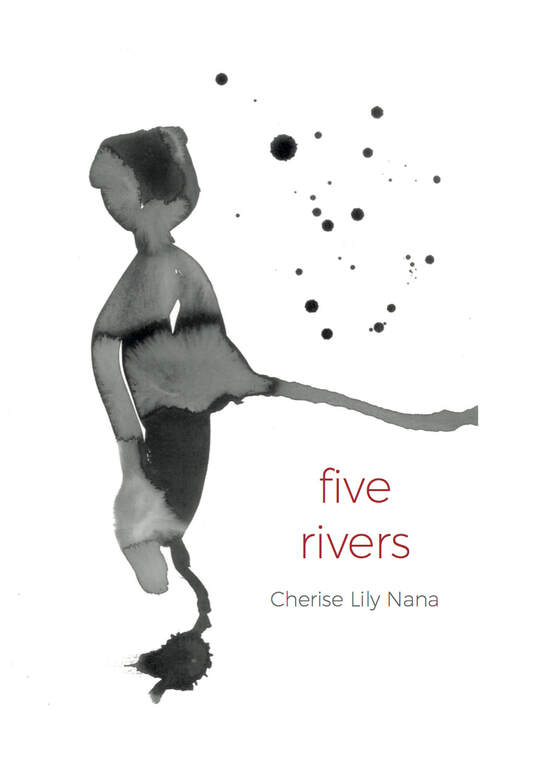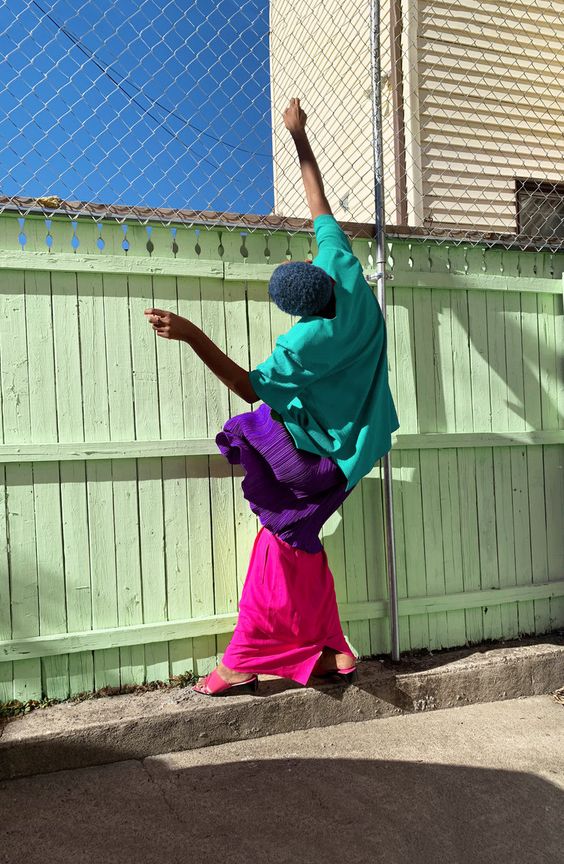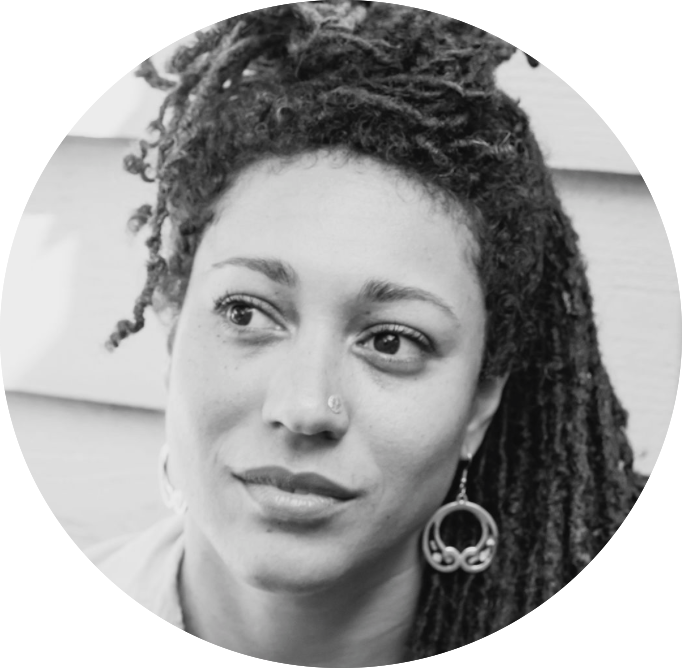|
From the Tree of Knowledge series by Hilma af Klint This past week I’ve been sitting with the emergent visions that stirred during a 10-day vipassana, sifting through which ones want to be carried forward and given life.
From this, one Rainer Maria Rilke poem in particular (Widening Circles) seems to be stalking me: “I live my life in widening circles that reach out across the world. I may not complete this last one but I will give myself to it. I circle around God, around the primordial tower. I’ve been circling for thousands of years and I still don’t know: am I a falcon, a storm, or a great song?” Meanwhile, Clarissa Pinkola Estes tells me that “the word reclamation is derived from the old French reclaimer, meaning, ‘to call back the hawk which has been let fly.’” (Women Who Run with the Wolves.) So without forcing a resolution too much, my sense is that the returning hawk carries within its clutch a falcon and a storm and a great song… The wild terrain of our bodies and the unconscious contain all of this and so much more. May they each find a home here. Art by Lou Benesch I’ve somewhat affectionately called my new home in Bali the “house of death”.
Within the first two weeks of moving in, a cave swiftlet bird flew into the bedroom in the gloaming, perched on the bamboo-thatched wall, and was still hanging there the next morning (though its soul had departed). The following week, I found one of the large elder koi fish floating dead one morning in the small pond that forms a moat around the kitchen. There have since been dragonflies peacefully nodding off in the afternoon sunlight and any number of iridescent, dismembered moth wings found on the stairs each day. Apparently, this is just life in the jungle. It’s life everywhere, of course, but we’ve built such convincing death-denying fortresses all around us… It has taken three car/bike accidents over the past five years to more fully grasp the vulnerability of my own perishable nature and the crumbling of my walls. To our inner protector selves, the risk of revealing the softness of our underbellies in the face of our mortality is (seemingly) life-threatening. But the risk of not opening our hearts is waking up just as the sun is setting and realising we sat on the sidelines, never really allowing ourselves to fully participate in this one precious life. In the words of the poet Pádraig Ó Tuama: “…you must accept change before you die but you will die anyway. So you might as well live and you might as well love. You might as well love. You might as well love.” Blue-04 by Georgia O'Keeffe, 1916. At various points in our lives, we all experience a rite of passage- a significant transition from one stage of life to another. This is a key threshold moment where our identities, roles, behaviours and lives undergo a metamorphosis.
How we mark this moment defines how we meet inevitable cycles of change, loss and renewal: can we trust the unknown and champion our growth? Or will we clutch on to old fears, hurts and habits, inhibiting the fullness of our maturation? The bare bones of a rite of passage encompasses three stages- it begins with separation, where we move away from the old, and ends with incorporation, where we settle into our new skin. But the stage in between is a liminal space, and how long we spend here can vary hugely- from days or weeks to several years. Irrespective of the length, one of the most challenging aspects of this time is that we're in limbo, standing between two worlds. We can't skip or hustle this seemingly fallow period. And if we try- through distractions or denial- we risk exiting the process before our new wings have fully developed. Instead, this is a time for listening, observing and sitting with questions. There is a bigger cycle at play here. If we can allow the soul to hold us within its cocoon, it will imbue us with a new vision, to perceive and gift the wisdom we've been carrying all along. (To help guide you through this process, I have created a new 3-month private mentoring program- check it out here.) Here are 3 simple, daily rituals for tuning your senses in times of transition:
Dancing with your deep imagination in this way may be foreign at first, but it's worth staying with it. Working with these practices provides a direct link to the wise counsel of your inner self. During times of great change, this is our compass, our guide, and our sanctuary. With spring hail and sweet rhubarb compote, Cherise x A number of years ago, on the sandstone cliffs of Gadigal lands, I once had a particularly mythic dream. I was riding my bicycle when I passed an elderly woman – wrapped in rags – who suddenly stumbled to the ground. I immediately hopped off my bike, and before I even reached her, I knew she had died.
But as I went to crouch beside her, she disappeared into a miniature plasticine figurine sitting on a piece of paper. So I instinctively cupped my hands around her and summoned for Hecate (Greek Goddess of magic and crone of the underworld) and Prometheus (who crafted humans from clay and gifted them with fire) to assist me in bringing her back to life. At once, she started to grow again in my hands, but what emerged from the swaddled rags was not the same woman. Instead, she had morphed into a crying baby, who I brought to my chest and cradled as if she were my own. Though there are many different methods for interpreting dreams, at the heart of this imagery for me is a glimpse into the mysteries of death and rebirth. As it turned out, I was embarking on my own rite of passage, encountering what felt like a second adolescence in my mid thirties, returning in psyche to complete rites that I had no model for when I was a teenager. It’s no wonder then that the Greek myth of Persephone, the archetypal story of the transition from maiden to queen, had been floating around in my poems, dreams and waking symbolic encounters. I decided to look into this further, pursuing studies in myth, fairytales & folklore, researching stories of the transformative trials the young heroine undertakes in finding her own sense of self, power and place in the world as an adult. In order to do this, Persephone must greet the full spectrum of herself, learning to marry dark and light, in order to hold the great paradox of spirit and matter in her everyday life. My interest in ways to creatively facilitate this transition with contemporary and cultural relevance also led me to training in rites of passage using ceremony, ritual, and nature-based practices. It was during this 9-month process that the loose threads of my inquiry began to weave together into a container for my unfolding self. And so it is from this place that I offer my first collection of poetry. Gathered from my journals over the past five years, this collection of 25 poems speaks to the themes that run through the Greek myth of Persephone and her journey through the transformative waters of the underworld. One of the key components of many rites is the presence of community, and I could not have brought this chapbook into being without the support of you, my friend, over the years. Having readers is no small thing to a writer. Thank you for walking with me along the way, and may these words offer something back to your own mythic journeys of transformation. With kalimba tones and the pitter patter of winter rain, Cherise x current muses poetry // Duino Elegies by Rainer Maria Rilke music // Do not move stones by Rose Riebl art // Big Weather exhibition at NGV nonfiction // Dreams by Marie-Louise Von Franz Art by Arielle Bobb-Willis Just over a year ago, I moved from the gloriously distracting Sydney coastline to Melbourne, in the hopes that the notoriously bad weather and thriving arts community would provide a creative cocoon to nurture my writing practice.
Little did I know I’d be spending six months of 2020 in complete lockdown, in an urban one bedroom apartment with my partner, unable to venture more than 5km from my doorstep. Aside from throwing the odd tantrum and working through a seemingly endless list of online courses, I’ve spent a good deal of lockdown tending to ritual fire as a way to commune with the non-human peoples and places that I’ve so dearly missed: the clear waters of the Sassafras creek, the wild winds coming off the southern ocean, and the soft cushion of pine needles on the Sequoia grove floor. I’ve also initiated a depth inquiry into my ancestry, following an abiding longing to connect with the paternal lineage of my african grandmothers, my black roots, and in doing so have uncovered a nourishing network of support sitting just below the surface all along. Needless to say, I got the creative hibernation I asked for (and more). The poet, Billy Collins, describes poetry as “the history of the human heart”. This winter I have found a new note in my poetry through unlocking chambers that contain hidden stories, both from my own past and those who have gone before me. And so it occurred to me that while I've been traversing through this seasonal rite of passage, my identity as an artist has also been in transition. As we grow, so too does our creative self-expression. As best we can, may we companion our growth with curiosity and presence, to stay with the edge of what is alive for us in the sometimes daunting terrain of our own hearts. In other words, let art change you, and let your art change. With chocolate-coated coffee beans and daydreams of faraway lands, Cherise x current muses. poetry // Poems from the Edge of Extinction: An Anthology of Poetry in Endangered Languages, edited by Chris McCabe (and this talk by the editor on the intimate relationship between poetry and language, for those who want to hear more). music // The album Wanci by Tarawangsawelas art // Mask art by Magnhild Kennedy (Damsel Frau) |
Author |
